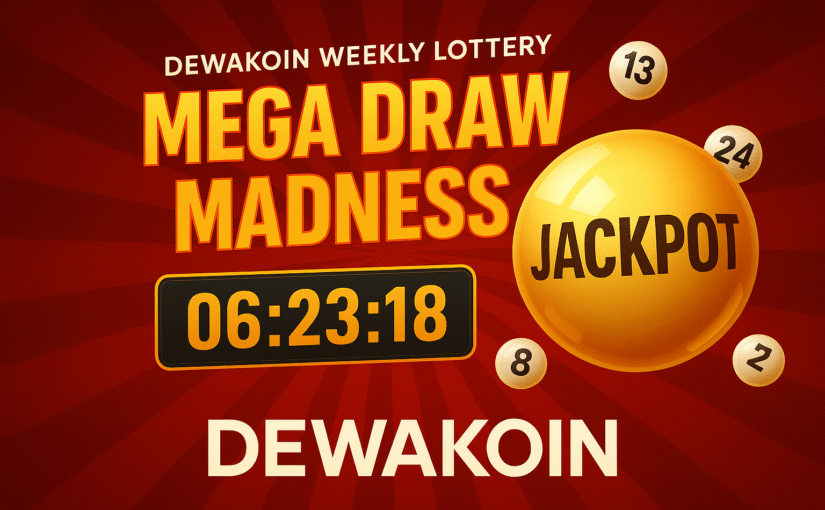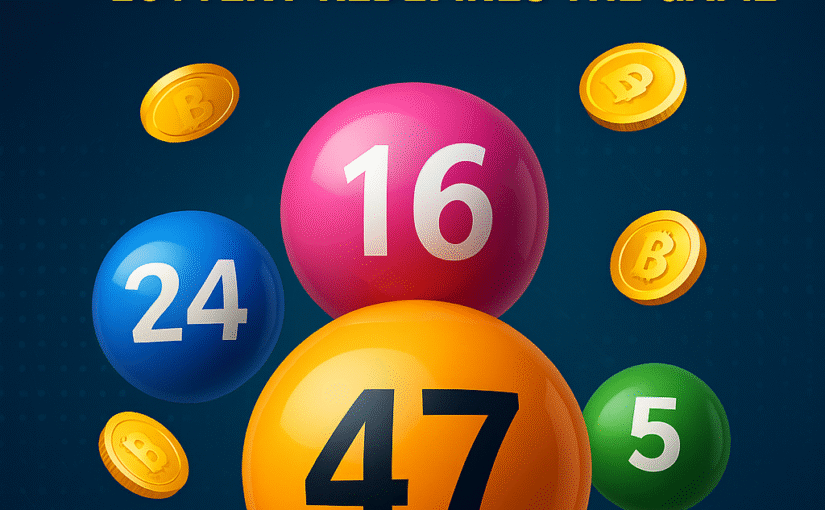At Dewakoin, we believe in building anticipation—and nothing delivers excitement quite like our Weekly Lottery Mega Draws. These games are bigger, bolder, and packed with jaw-dropping jackpots, giving you the perfect blend of thrill and reward.
Why Weekly Lotteries Hit Different
Unlike daily draws, Weekly Lotteries give prize pools time to grow, meaning more massive payouts when the winning numbers are called. Here’s why players love it:
- Huge Jackpots Every Week – The prize pot builds to impressive amounts before payout.
- Exclusive Player Perks – Weekly draws often come with bonus multipliers and promo offers.
- Better Odds Than You Think – Structured to give more winners in every round.
- Live Streaming Draws – Experience the excitement in real time.
How to Join the Mega Draw
- Pick Your Numbers – Go with your gut or let Quick Pick do the work.
- Buy Your Ticket – Secure your spot in the weekly draw.
- Watch the Results Live – Celebrate when your numbers hit.
Pro Tips for Weekly Lottery Players
- Play Consistently – Don’t miss a week; you can’t win if you’re not in.
- Use Multi-Ticket Entries – Boost your chances with more combinations.
- Watch for Bonus Rounds – Some draws include special cash booster balls.
Why Dewakoin Weekly Lotteries Are a Must-Play
At Dewakoin, we make sure every Mega Draw is secure, transparent, and rewarding. With fast payouts, RNG-certified results, and jackpots worth waiting for, there’s no better way to play.
If you’re ready to turn one week into your biggest payday, the next Mega Draw is calling your name.








